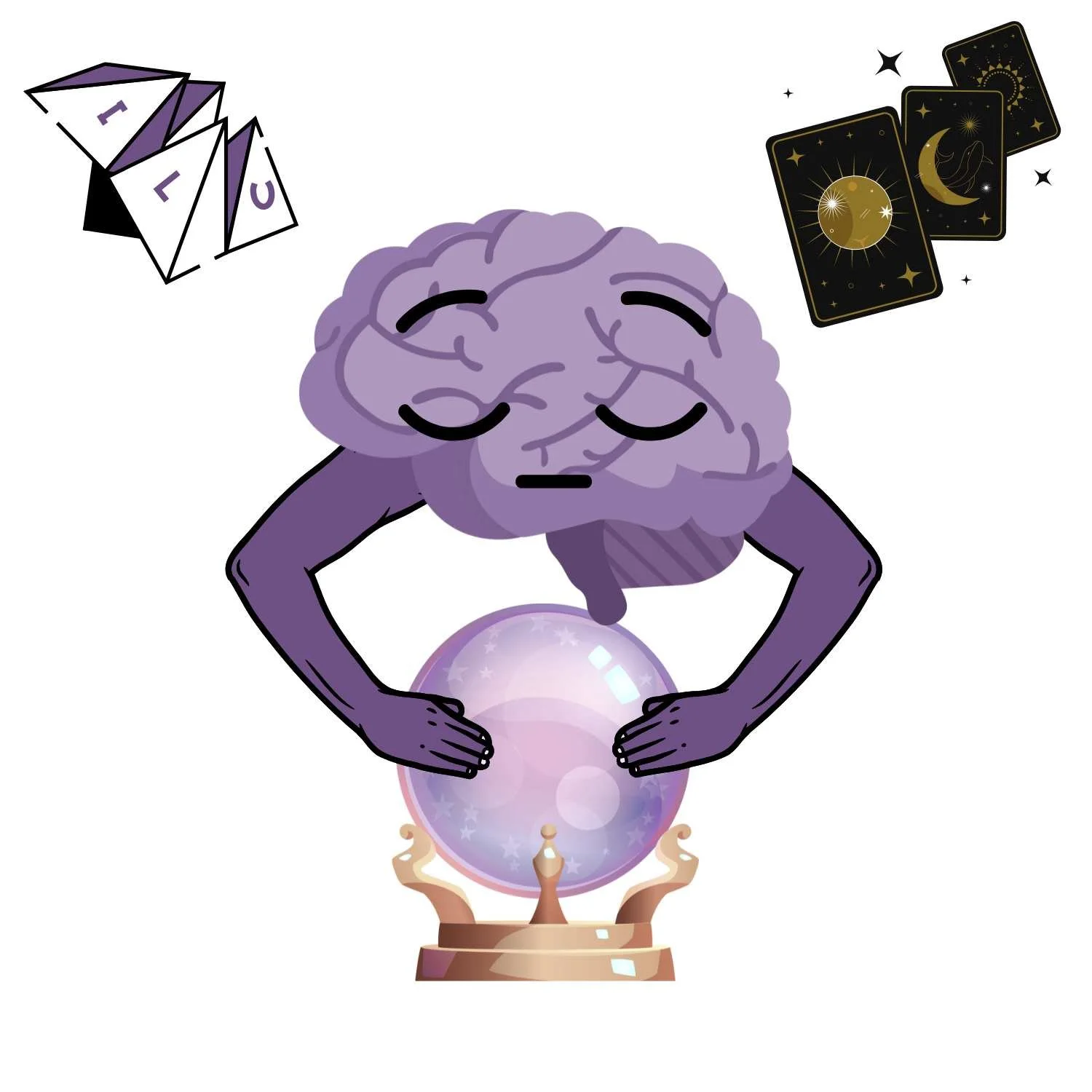Performing in an accent? Use neuroscience in your favour.
Today we’re getting a little bit scientific, and talking about how Predictive Coding impacts how people hear you, and the THREE TRICKS I teach everyone I work with so that it works in your favour.
Let’s jump in!
Predictive coding is one of the leading theories about how the brain processes information. The idea is that the brain isn’t a passive receiver of sensory input (like a camera or microphone) but an active prediction machine.
Predictive Coding: The basics
The brain constantly generates predictions about what it expects to see, hear, or feel, based on past experience and context.
Incoming sensory signals are compared against these predictions.
If the prediction matches the sensory input, the brain can essentially “ignore” a lot of raw data (saves energy).
If there’s a mismatch (a prediction error), the brain updates its model to better match reality.
What does this have to do with accents?
Quite a lot, actually. When the brain gets new information, it takes a second to sort of “calibrate” it’s predictions. You can feel this happening in real time if you speak to someone who has an accent that you don’t expect them to have (a waiter, a sales assistant…). At first, you may not understand them because reality didn’t match the prediction. If you’re in LA, you may expect them to sound American, but they have a thick Irish accent. Then your brain “switches on” and adjusts to reality. (this is very basic of course. If you want to dive in, feel free! It’s fascinating).
How can we use this to your advantage if you’re performing in an accent? Three ways:
NAIL the first few lines.
The first things that come out of your mouth are the most important. If your accent is flawless at the start, the listeners brain will “calibrate” it’s predictions to that accent. They may have a second of “Let’s see the accent… ok we’re good.” And then they stop listening for it specifically. I’ve tested this many times. Your accent could slip up later on in the piece and 9 times out of 10, the listener won’t even notice. Based on those first few lines, their brain is predicting that you speak in a certain accent, so that’s what it’s hearing.
SLATE in the same accent.
Now, some Casting Directors disagree with me on this, and I’m ok with that. Slate in the same accent as you’ll be performing in UNLESS this particular CD knows you really well. If you’re auditioning in an American accent, and you record your slate in a Scottish one, if that CD watches the slate first, their brain is literally predicting that you’ll sound Scottish. It will hear you with a slight Scottish accent even if you’re nailing the American. Every brain is different, of course, but WOW have I lived this one on sets, especially in commercials where there are teams of production, the agency, the clients... An actor is hired, the team knows he’s British, he’s doing a PERFECT American accent (duh, they hired me…haha) but everyone insists the actor still sounds British. Cue me, incredibly annoyed and running over to give everyone a lesson in brain science and convince them to move on after they made the poor actor do 50 takes to “fix” his accent,. They were all hearing him sound the same way they had been hearing him over lunch (British), despite the fact that he was nailing the American accent.
DON’T trust the people who know you best.
I mean, trust them with other things, but not to tell you if your accent sounds good. The closer we are with someone, the more their brain has you figured out, and the stronger the predictions. They will hear you sounding like you, or just sounding weird. (Sidebar- this is also why they get so annoyed listening to you do another accent. It doesn’t fit and their brain is sending up error signals) I have tested this one too. I once sent a voice note to my mum, in which I changed my accent 5 times. I was Canadian, Australian, British, Scottish, and Southern US. The ONLY one she heard was the Southern one, which is also the only accent she does really well. The others- she didn’t even hear.
SO. Predictive coding can help or hinder you. Simply by knowing it’s a thing- you’re already 5 steps ahead.
A game: Notice when your own brain is recalibrating it’s predictions. It happens all the time. You see something and realize, actually, it’s something else. Or you hear a song and realize it’s actually another song… pay attention! It’s great fun.

